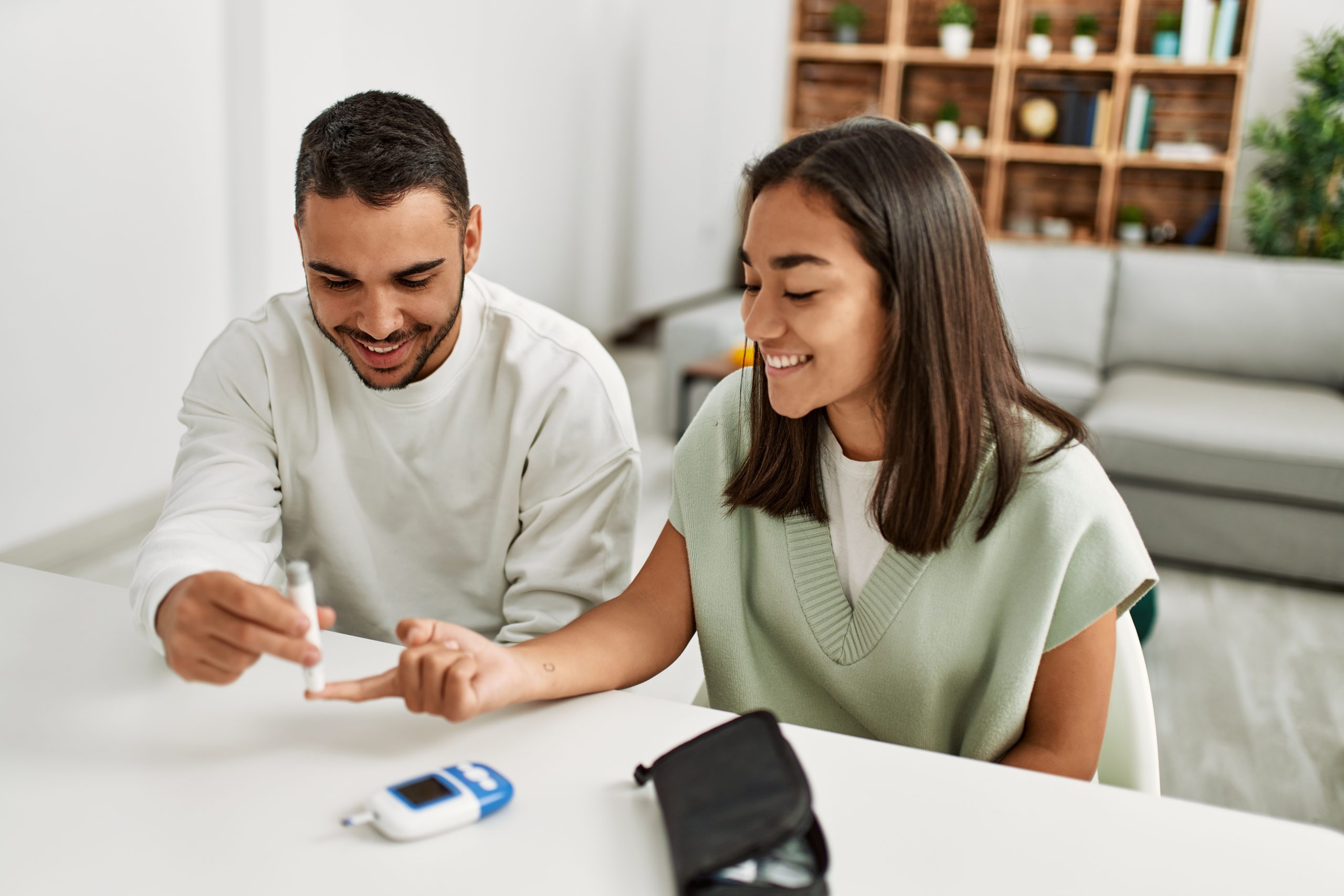As technology continues to advance, the landscape of diabetes management is evolving rapidly. Innovative devices and platforms are empowering people with diabetes to monitor and manage their condition more effectively than ever before. In this article, we’ll explore the latest advancements in diabetes technology and discuss how they’re transforming the way we approach this chronic condition.
Continuous Glucose Monitoring (CGM) Systems
CGM systems have revolutionized blood sugar monitoring by providing real-time, continuous glucose readings and trends. Devices like the Dexcom G6, FreeStyle Libre 2, and Medtronic Guardian Connect offer valuable insights into glucose patterns, helping users make more informed treatment decisions and avoid dangerous high or low blood sugar levels.
Smart Insulin Pens
Smart insulin pens, such as InPen and Gocap, enhance traditional insulin pen functionality with features like dose tracking, reminders, and Bluetooth connectivity. These devices can help users avoid missed or double doses and provide detailed data for better diabetes management.
Artificial Pancreas Systems
Also known as closed-loop insulin delivery systems, artificial pancreas systems combine insulin pumps with CGM technology and advanced algorithms to automatically adjust insulin delivery based on glucose readings. The Tandem Diabetes Care t:slim X2 with Control-IQ and Medtronic MiniMed 770G are examples of artificial pancreas systems that offer improved glucose control with less user intervention.
Digital Health Platforms and Apps
Numerous digital health platforms and apps, such as One Drop, mySugr, and Glucose Buddy, are available to help people with diabetes track and analyze their blood sugar levels, insulin doses, and other health data. These platforms can provide personalized insights, reminders, and even virtual coaching, making diabetes management more accessible and data-driven.
Telemedicine and Remote Patient Monitoring
Telemedicine and remote patient monitoring technologies are making it easier for people with diabetes to connect with healthcare providers and receive ongoing support. By sharing health data remotely, patients can receive timely feedback and adjustments to their treatment plans, reducing the need for in-person appointments and improving overall care.
Wearable Health Devices
Wearable health devices, such as smartwatches and fitness trackers, offer additional options for tracking and managing diabetes. Devices like the Apple Watch, Fitbit, and Garmin can help users monitor their physical activity, heart rate, and sleep patterns – all factors that can impact blood sugar control and overall health.
Conclusion:
The advancements in diabetes technology have the potential to transform the way people with diabetes monitor and manage their condition. By embracing these cutting-edge tools and staying informed about the latest innovations, you can take charge of your diabetes journey and work towards improved health outcomes. Always consult with your healthcare provider before making any changes to your diabetes management plan or incorporating new technologies into your routine.

